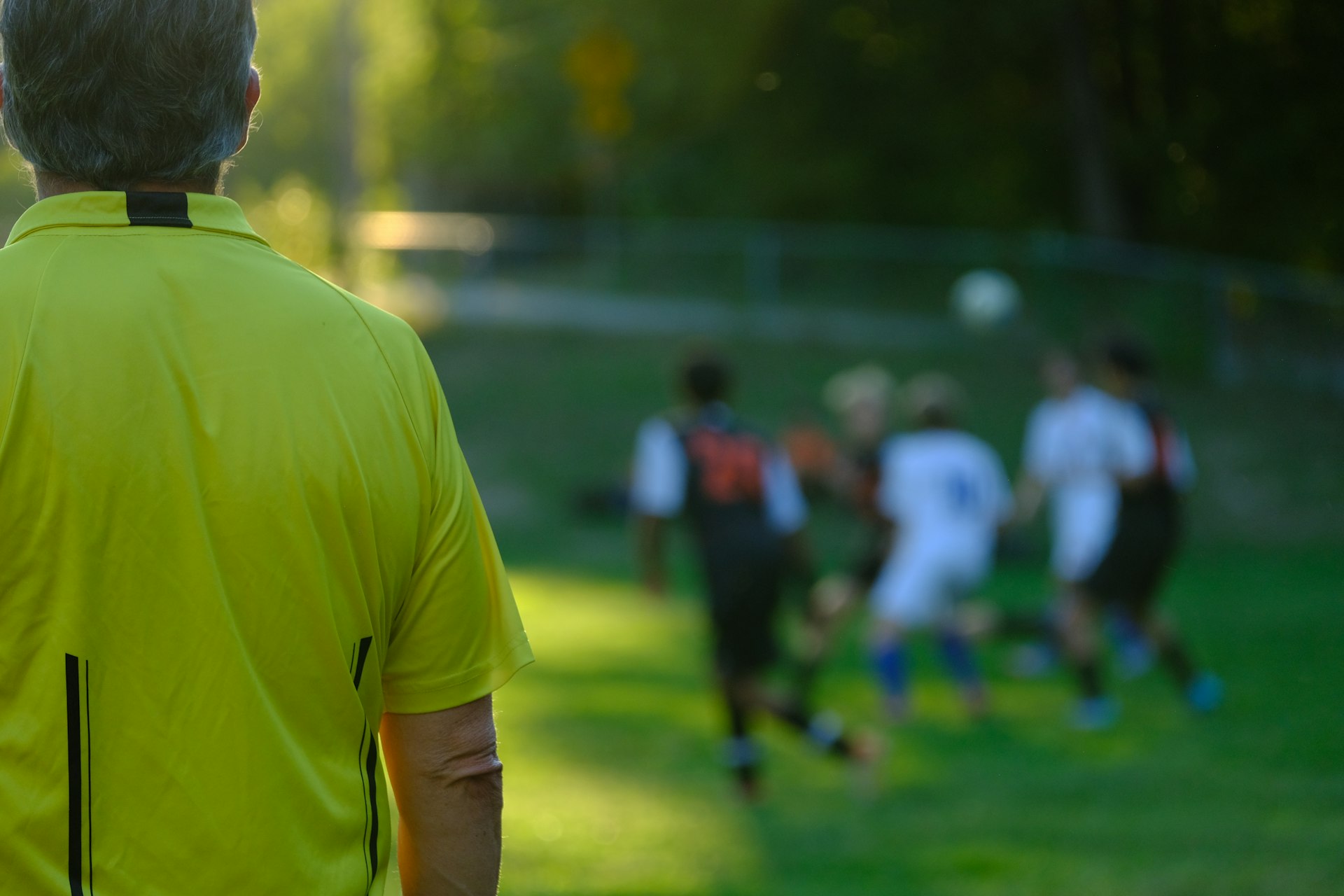Optimal Nutrition Strategies for Endurance Athletes: Unlocking Performance and Recovery

Photo by Ulf Meyer on Unsplash
Introduction
Endurance sports demand more from the body than almost any other athletic pursuit. Whether you’re a marathon runner, cyclist, triathlete, or swimmer, your nutrition strategy is as pivotal to your performance as your training regimen. The right fueling plan not only maximizes energy and stamina, but also supports recovery, overall health, and long-term athletic development. This guide distills the latest research and expert insight into actionable strategies for endurance athletes, with a focus on caloric balance, macronutrient distribution, hydration, supplementation, and meal timing. [1] [2] [3]
Understanding Caloric Needs and Macronutrient Balance
Endurance athletes burn significantly more calories than the average person due to prolonged training sessions and competition. Matching energy intake to expenditure is critical to prevent fatigue, muscle breakdown, and immune suppression. [1] For most, this means increasing total daily calories and thoughtfully distributing macronutrients:
- Carbohydrates are the body’s main fuel source during endurance exercise. Aim for 5-10 grams per kilogram of body weight daily, periodized to training intensity. Prioritize whole grains, fruits, and starchy vegetables to maintain glycogen stores. Carbohydrate intake should be increased before key training sessions and races, and replenished post-exercise. [1]
- Proteins are essential for muscle repair and recovery. Endurance athletes should consume 1.2-2.0 grams per kilogram of body weight each day, spaced evenly across meals. [3] Include lean meats, fish, eggs, dairy, legumes, and plant-based alternatives. [4]
- Fats support sustained energy and hormone production. Emphasize healthy sources like nuts, seeds, avocados, and oily fish. Aim for 20-35% of total caloric intake from fat, adjusting based on personal energy needs. [1]
Hydration and Electrolyte Balance
Dehydration and electrolyte imbalances are among the most common performance-limiting factors for endurance athletes. Personalized hydration is essential, as sweat rates, environmental conditions, and individual physiology vary widely. [1]
Key hydration strategies include:
- Monitor urine color and body weight changes to assess hydration status.
- Consume fluids before, during, and after exercise, aiming to replace 100-150% of fluid loss during recovery.
- Include electrolytes (sodium, potassium, magnesium) in fluids for activities over 60-90 minutes, especially in heat. [2]
For practical implementation, weigh yourself before and after training to estimate fluid loss, and adjust intake accordingly. Products like sports drinks, electrolyte powders, or salty snacks can help, but always verify ingredient lists and select options that suit your dietary needs.

Photo by Quino Al on Unsplash
Meal Timing and Nutrient Distribution
When you eat can be as important as what you eat. Proper meal timing enhances performance, prevents gastrointestinal distress, and accelerates recovery. [3] Here’s how to structure your intake:
- Pre-workout: Eat a carbohydrate-rich meal or snack 1-4 hours before exercise. Include a small amount of protein and limit fats and fiber to minimize digestive issues. For example, oatmeal with banana and a few nuts, or toast with nut butter and honey. [2]
- During exercise: For sessions over 60 minutes, consume 30-60 grams of carbohydrates per hour (such as gels, chews, or sports drinks) to maintain blood glucose and delay fatigue.
- Post-workout: Prioritize a mix of carbohydrates and protein within 30-60 minutes after training (e.g., a smoothie with fruit and protein powder, or rice with lean protein and vegetables) to replenish glycogen and promote muscle repair. [2]
Spreading protein intake evenly across the day-especially at breakfast and lunch-supports muscle maintenance and recovery. [5]
Supplements and Special Considerations
While a food-first approach is recommended, some endurance athletes may benefit from targeted supplements, particularly if dietary restrictions or heavy training loads exist. Common options include:
- Caffeine can improve endurance and focus when used strategically. Dose and timing should be tailored to individual tolerance. [4]
- Nitrates from sources like beetroot juice may enhance oxygen efficiency during prolonged efforts. [4]
- Probiotics and antioxidants are areas of active research, with potential benefits for immune support and recovery. [4]
- Iron, calcium, and vitamin D are critical, especially for female athletes and those on plant-based diets. Regular monitoring and, if needed, supplementation under professional guidance is advisable. [3]
Before starting any supplement, consult with a registered dietitian or sports medicine professional who can recommend lab testing and customize your approach.
Common Challenges and Solutions
Endurance athletes often struggle with meeting energy demands, managing digestive issues, or finding the right balance of nutrients. Some experience Relative Energy Deficiency in Sport (RED-S), which can impair recovery, immunity, and bone health. [3]
To address these challenges:
- Track your intake for a week to identify gaps or excessive restriction.
- Experiment with meal timing, composition, and new foods during training to avoid surprises on race day.
- If you notice fatigue, frequent illness, or slow recovery, consider consulting a qualified sports dietitian. You can find registered dietitians through national organizations like the Academy of Nutrition and Dietetics or by searching “sports nutritionist + your city.”
- For digestive issues, try low-fiber, low-fat meals pre-exercise, and test different fueling products during long sessions.
Sample Daily Nutrition Plan
A sample day for an endurance athlete might include:
- Breakfast: Oatmeal with banana and nuts, plus low-fat milk or a dairy alternative.
- Snack: Apple with almond butter.
- Lunch: Grilled chicken (or chickpeas) salad with mixed greens, tomatoes, cucumbers, vinaigrette, and quinoa.
- Pre-workout: Greek yogurt with mixed berries or banana.
- Post-workout: Protein shake and brown rice with stir-fried vegetables and tofu or chicken.
- Dinner: Baked salmon or lentils, roasted sweet potatoes, and steamed broccoli.
- Evening snack: Cottage cheese or mixed nuts. [2]
Portions should be adjusted based on your training load, body size, and individual energy requirements.
Practical Steps to Optimize Your Nutrition
- Calculate your estimated calorie needs using online calculators or by consulting a registered dietitian.
- Plan meals and snacks to distribute energy and nutrients evenly throughout your day and training sessions.
- Test hydration strategies and fueling products during training, not just on race day.
- Monitor how your body responds and make gradual adjustments as needed.
- If you experience persistent fatigue, injury, or illness, seek professional guidance and consider lab testing for nutrient deficiencies.
Many endurance athletes benefit from keeping a food journal and periodically reviewing it with a sports nutrition expert. [5]
Accessing Professional Guidance and Further Resources
If you want to personalize your nutrition plan, you can:
- Contact a board-certified sports dietitian via the Academy of Nutrition and Dietetics (search “Find a Nutrition Expert” on their official website).
- Discuss your needs with your primary care provider, who can refer you to local sports nutrition resources.
- Search for sports nutrition clinics affiliated with major hospitals or universities in your area.
- When considering supplements, look for NSF Certified for Sport or Informed Sport approved products to ensure safety and quality.
For additional information on safe and effective nutrition practices, consider searching the websites of reputable organizations such as the United States Olympic & Paralympic Committee, Mayo Clinic, or the International Society of Sports Nutrition.
Key Takeaways
- Endurance performance and recovery depend on meeting calorie needs, balancing macronutrients, and staying hydrated.
- Meal timing and nutrient quality are as important as total intake.
- Personalized strategies, professional guidance, and regular self-assessment are critical for sustained success.
- There is no one-size-fits-all approach-experiment, adapt, and seek support as your training and goals evolve.
References
- [1] SportsVisit (2025). Endurance Athlete Nutrition Planning and Best Practices.
- [2] Axis Diet (2024). Diet Plan for Endurance Athletes: Fueling for Performance.
- [3] Rupa Health (2024). Nutritional Strategies for Endurance Athletes: Sustaining Energy and Performance.
- [4] National Institutes of Health (2019). Nutrition and Supplement Update for the Endurance Athlete.
- [5] Mayo Clinic (2024). Food is Fuel: How to Eat Like an Athlete.



